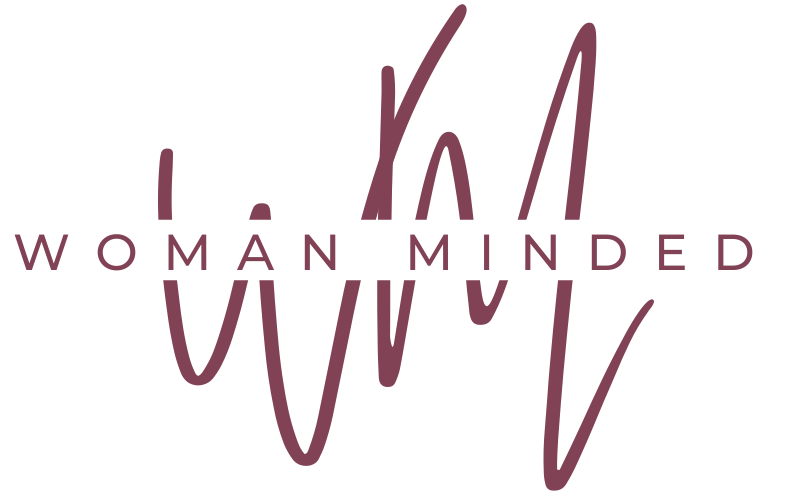What your breasts may be trying to tell you
/When I was younger all I cared about my breasts was how well a shirt fit over them and that I was glad my chest size didn’t get in the way of exercising. Today, however, I know my breasts were “telling” me things that I wasn’t hearing.
About 7 in 10 women will develop some sort of breast pain, especially those between 30 and 50. While breast cancer as a rare cause of pain should absolutely ruled out, hormone fluctuations are the top reason for mild breast pain. Prior to a menstrual period, our progesterone and estrogen levels rise. This hormone increase can cause mild swelling and tenderness. However, for a number of women, severe chronic breast pain can be a sign of premenstrual dysphoric disorder (PMDD).
PMDD can begin as early as a woman’s first period and along with very painful breasts can include sudden mood swings and depression, brain fog, intense headaches, joint and muscle pain, poor sleep and severe fatigue. PMDD is often not recognized or diagnosed and as it is much more intense than more common PMS symptoms and lasts up to two weeks of every month, PMDD can lead to low self-worth, lost work and school, loss of relationships and even suicide. Imagine feeling miserable for half of every month!
Some women are more susceptible to PMDD if their moms or sisters had it, if they are overweight and if they are exposed to a lot of hormone-disruptive chemicals at home or at work. It’s super important to see a healthcare provider who can help diagnose your condition properly and work with your body to help right the ship. Many women leave their doctor’s office with a prescription for the pill and yet many feel worse.
Natural nutrition and self-care strategies are an essential part of to addressing your PMDD symptoms. Overall, a hormone-friendly, estrogen-balancing eating approach that prioritizes vegetables, fruits and fiber can go a long way. Dark leafy greens, broccoli, avocado, sesame and sunflower seeds, almonds, quinoa and lean poultry are all rich in nutrients like calcium, magnesium, Vitamins B6 and E that can be helpful for PMDD.
Additional ideas to consider:
Add flaxseed to your diet. Studies suggest that dietary supplementation with ground flaxseed daily can help to reduce cyclic breast pain.
Watch your caffeine. Coffee can be a major trigger for some women in contributing to lumpy as well as painful breasts. Try eliminating or reducing for one month to see if you experience any relief.
Discover chaste berry. Studies on chaste berry (Vitex agnus-castus) has shown an up to 50% reduction in symptoms for many women experiencing PMS/ PMDD with no serious side effects. The typical dose of chaste berry used in studies is between 20 to 40 milligrams (mg) daily. You can try Vitex on its own from a reputable source like Gaia Vitex Supreme Liquid Phyto-Caps or in a women’s hormone balancing blend like Designs for Health FemGuard + Balance.
And long-term success depends on making sure your gut is healthy, that you are managing stress and that your blood sugar is balanced while eating and sleeping regularly. Don’t suffer in silence. You are not alone and relief can be just around the corner.
Resources:
"Facts And Figures About PMDD — Vicious Cycle PMDD". Vicious Cycle PMDD, 2020, https://www.viciouscyclepmdd.com/facts-figures.
Goyal, Amit. Consultant Oncoplastic Breast Surgeon and Honorary Associate Professor. BMJ Clin Evid. 2014; 2014: 0812.Published online 2014 Oct 14. https://www.ncbi.nlm.nih.gov/pmc/articles/PMC4200534
"Guide To Treating PMDD (Premenstrual Dysphoric Disorder) - Dr. Jolene Brighten". Dr. Jolene Brighten, 2020, https://drbrighten.com/guide-to-treating-pmdd-premenstrual-dysphoric-disorder/.


